eMediaS CMS
A Content Management System (CMS) website is a dynamic platform that enables users to create, manage, and modify content on a website without requiring deep technical knowledge. With a CMS, you can easily add new pages, update content, and manage multimedia elements like images and videos. It provides a user-friendly interface, making it a popular choice for businesses, bloggers, e-commerce stores, and organizations seeking a flexible and scalable web solution.
Key Features of a CMS Website
-
User-Friendly Interface
- The easy-to-navigate interface allows non-technical users to update and manage website content effortlessly.
- Drag-and-drop functionality simplifies the process of adding and arranging elements on web pages.
-
Content Creation and Editing
- Enables users to quickly create, edit, and publish content, such as text, images, videos, and blogs.
- Real-time editing tools let users see changes as they are being made, ensuring a consistent look and feel.
-
Template and Theme Management
- Offers a variety of pre-designed templates and themes that can be customized to match your brand’s identity.
- Allows for custom templates for different sections, such as blogs, landing pages, and galleries.
-
SEO-Friendly Features
- Built-in SEO tools help optimize content with meta tags, URLs, and keywords to improve search engine rankings.
- Structured data and clean code enhance visibility in search results.
-
Multimedia Management
- Supports a variety of media types, allowing you to upload and manage images, videos, documents, and other files.
- Features a media library where all assets can be stored and accessed easily.
-
User Roles and Permissions
- Allows multiple users to access the CMS with different permission levels (e.g., admin, editor, contributor).
- User roles ensure that content is reviewed and approved by the right people before going live.
-
E-commerce Integration
- Enables integration with e-commerce platforms for managing products, orders, and payment processing.
- Provides features like product catalogs, shopping carts, and secure payment gateways.
-
Analytics and Reporting
- Integrates with analytics tools like Google Analytics to track website performance, visitor behavior, and conversion rates.
- Custom reports can be generated to monitor content effectiveness and make data-driven decisions.
-
Multi-language Support
- Allows websites to cater to a global audience by supporting multiple languages.
- Facilitates easy translation and localization of content.
-
Mobile Optimization
- Ensures that your website is responsive and looks great on all devices, including smartphones, tablets, and desktops.
- Mobile-friendly design is critical for providing a seamless user experience across different platforms.


Benefits of Using a CMS Website
- Ease of Use: With a CMS, anyone can manage website content without needing coding skills. It simplifies updates, saving time and reducing the need for technical support.
- Cost Efficiency: Reduces ongoing maintenance costs since content can be managed internally. You don’t need a developer for every small update.
- Scalability: A CMS can grow with your business, allowing you to add new pages, features, and functionalities as needed.
- Better Collaboration: Multiple team members can work on different parts of the website simultaneously. User roles ensure a smooth workflow for content creation, editing, and publishing.
- Improved SEO: Built-in SEO features help you optimize content, ensuring that your website is search engine friendly from the start.
Popular CMS Platforms We Work With
We specialize in building and managing CMS websites using the most popular platforms, such as:
- WordPress: The world's leading CMS, known for its extensive library of plugins and themes. Ideal for blogs, small business websites, and even e-commerce stores.
- Joomla: Offers more advanced features for websites that require complex content structures and user management.
- Drupal: Provides high customization and scalability, suitable for enterprise-level websites with specific functionality needs.
- Magento: A CMS solution for e-commerce businesses looking to manage products, orders, and customer interactions effectively.
- Custom CMS Development: For unique requirements, we also offer custom CMS solutions built from scratch, tailored specifically to your business needs.
Why Choose Us for Your CMS Website Development?
- Tailored Solutions: We create custom CMS websites that match your brand's identity, industry, and business objectives.
- Experienced Team: Our team has extensive experience working with various CMS platforms, ensuring the right solution for your specific needs.
- SEO Best Practices: We implement the latest SEO practices to help your website rank higher in search engine results.
- Ongoing Support: We offer training, support, and maintenance services to ensure your website remains up-to-date and secure.
- Integration Services: We can integrate your CMS website with third-party services such as CRM systems, e-commerce platforms, and marketing automation tools for a seamless digital experience.



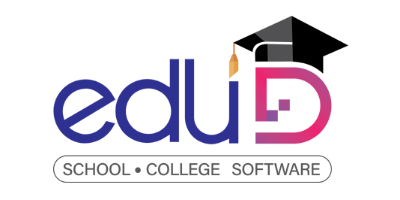 eduD School &College Software
eduD School &College Software 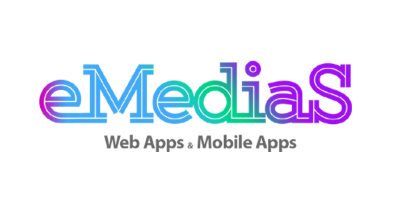 eMediaS News Web & Apps
eMediaS News Web & Apps 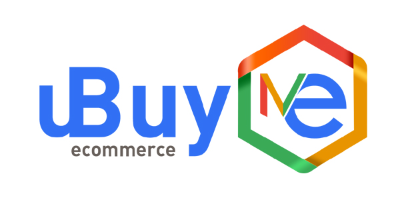 uBuyMe ECommerce
uBuyMe ECommerce 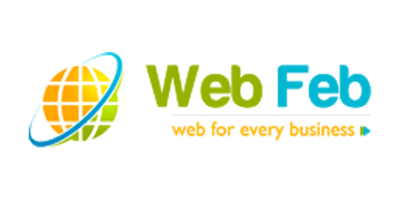 Web Feb Web & Apps Low Price
Web Feb Web & Apps Low Price 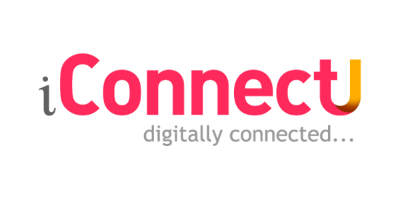 iConnectU Community Software
iConnectU Community Software  Talent Star Jobs
Talent Star Jobs 
